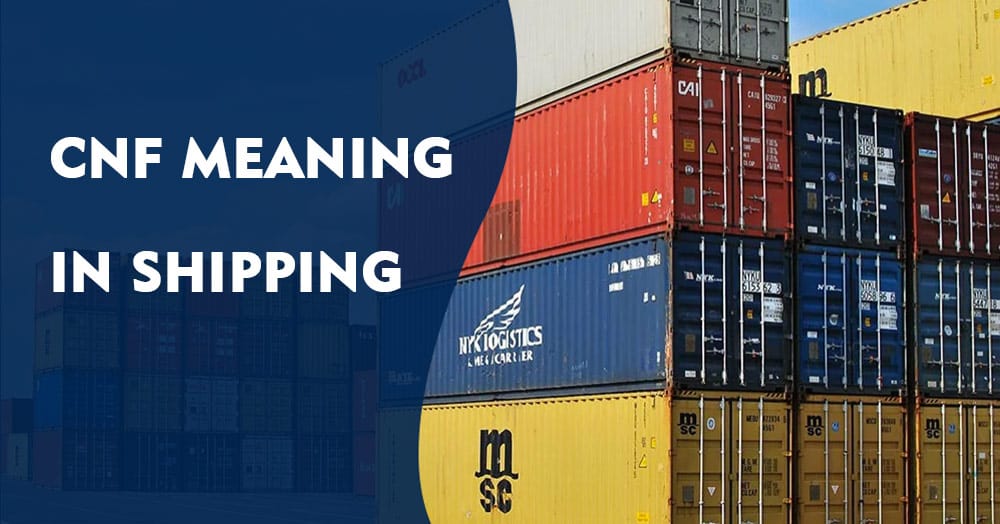
Navigating the complex world of international shipping can be a daunting task, especially when faced with an alphabet soup of acronyms and jargon.
One such acronym that often causes confusion is CNF, which stands for Cost and Freight.
In this comprehensive guide, we’ll take a deep dive into the world of CNF, exploring its meaning, benefits, drawbacks, and how it compares to other shipping terms.
The Shipping Process: A Brief Overview
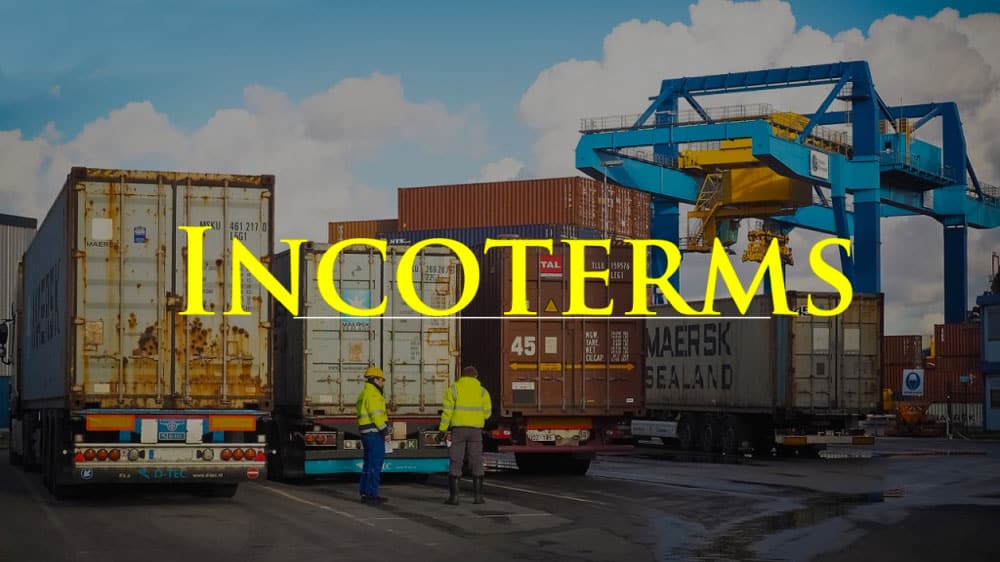
Before we delve into the specifics of CNF, it’s important to understand the basics of the shipping process.
When goods are transported internationally, a series of actions take place, including the negotiation of contracts, arrangement of transportation, and the movement of goods from the seller to the buyer.
To streamline this process and ensure all parties are on the same page, standardized shipping terms, known as Incoterms, have been developed by the International Chamber of Commerce (ICC).
CNF: Cost, Insurance, and Freight – A Definition
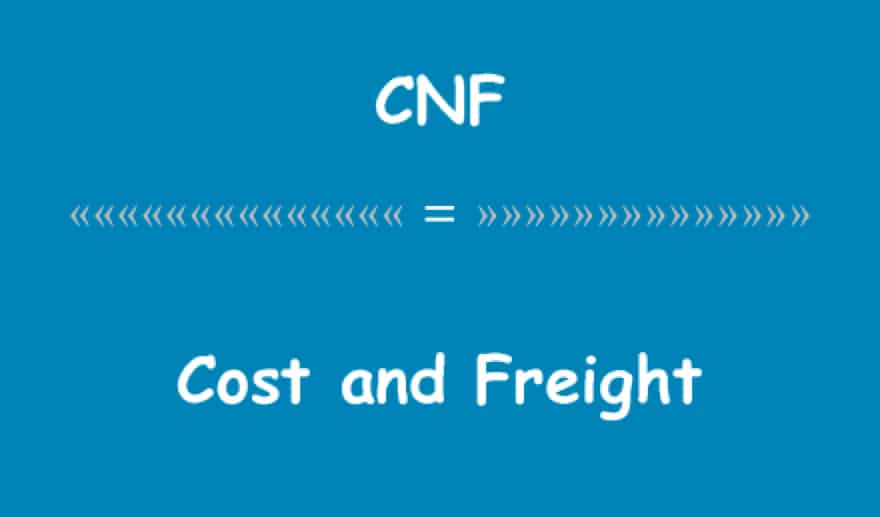
CNF, which stands for Cost and Freight, is one of the Incoterms that outlines the responsibilities of both the seller and buyer during the shipping process.
It is comprised of three main components:
Cost: The purchase price of the goods being shipped.
Insurance: The coverage for potential loss or damage during transit. In CNF, insurance is the responsibility of the buyer.
Freight: The cost of transporting the goods from the seller’s location to the destination port.
Understanding CNF in Detail
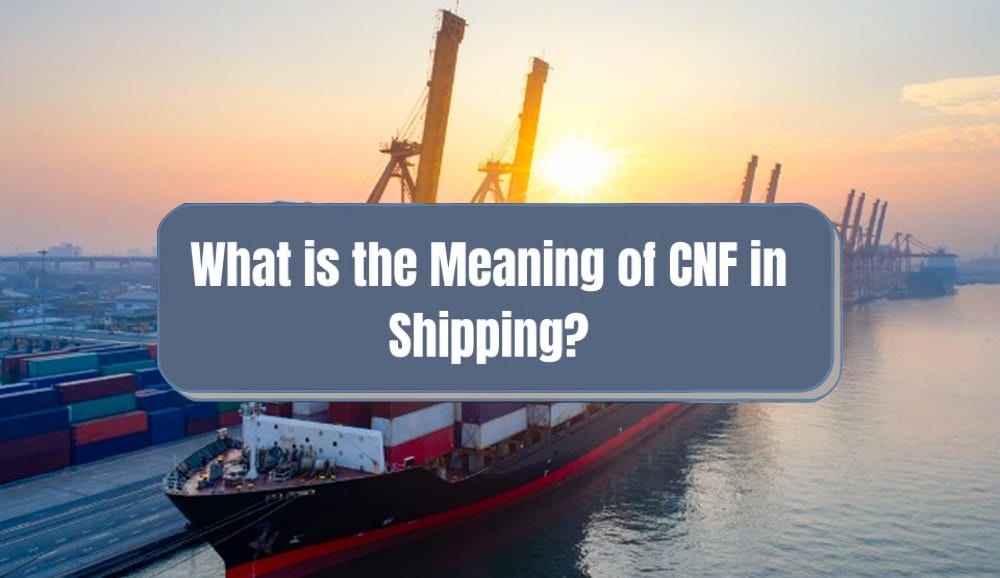
In a CNF shipping arrangement, both the seller and buyer have specific responsibilities:
The Seller’s Responsibilities: The seller is responsible for arranging and paying for the transportation of goods to the destination port.
This includes export clearance, packing the goods, loading them onto the vessel, and paying any associated freight charges.
The Buyer’s Responsibilities: The buyer is responsible for arranging and paying for insurance coverage, as well as unloading the goods at the destination port, paying import duties, and arranging for the final delivery to their location.
CNF vs. CIF: What’s the Difference?
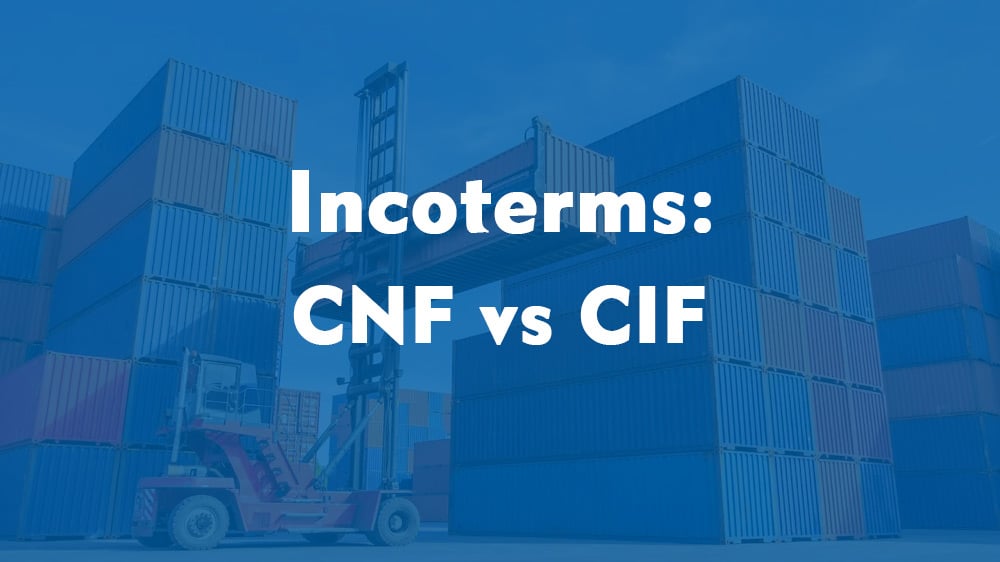
When comparing CNF to other shipping terms, one of the most common comparisons is with CIF, which stands for Cost, Insurance, and Freight.
To better understand the differences, let’s examine both terms:
CNF Explained: As mentioned earlier, CNF requires the seller to cover the cost of freight to the destination port, while the buyer is responsible for insurance and other associated costs upon arrival.
CIF Explained: Under CIF, the seller is responsible for the cost of goods, freight, and insurance up to the destination port.
This means that the seller has a more significant role in arranging and paying for the shipping process.
Key Differences: The primary difference between CNF and CIF lies in insurance responsibility.
In CNF, the buyer is responsible for obtaining insurance coverage, while in CIF, the seller takes care of it.
Benefits of CNF

There are several advantages to using CNF as a shipping term, including:
Predictable Costs: CNF offers a clear understanding of the costs involved in the shipping process, as the seller is responsible for the cost of goods and freight up to the destination port.
Clearer Responsibilities: CNF clearly outlines the responsibilities of both parties, reducing the chances of misunderstandings and disputes.
Risk Management: CNF allows buyers to obtain insurance coverage tailored to their specific needs, helping them manage the risks associated with international shipping more effectively.
Drawbacks of CNF

Despite its benefits, CNF also has a few drawbacks:
Limited Insurance Coverage: Since the buyer is responsible for insurance in CNF, they may end up with insufficient coverage if they fail to secure an adequate policy.
Dependence on Seller’s Choices: The buyer has limited control over the shipping process under CNF, as they rely on the seller to make key decisions, such as selecting the carrier and negotiating freight rates.
Other Common Shipping Terms
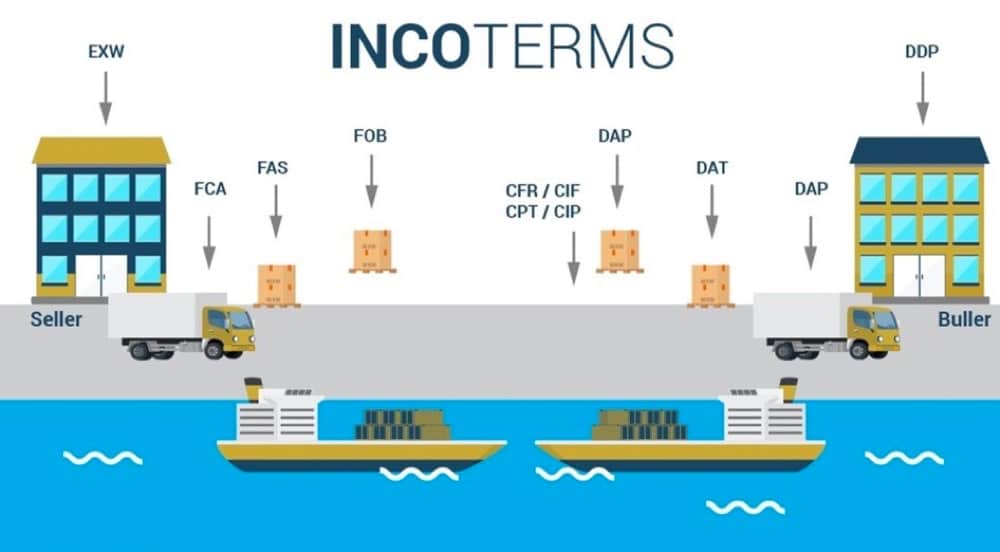
In addition to CNF and CIF, there are several other Incoterms that businesses should be aware of:
FOB (Free on Board): The seller is responsible for delivering the goods to the port of shipment and loading them onto the vessel.
The buyer assumes responsibility for all costs and risks from that point onward.
EXW (Ex Works): The buyer is responsible for all transportation and shipping costs, as well as any risks involved from the moment the goods leave the seller’s premises.
DDP (Delivered Duty Paid): The seller is responsible for all costs, risks, and customs duties associated with delivering the goods to the buyer’s specified location.
How to Choose the Right Shipping Term
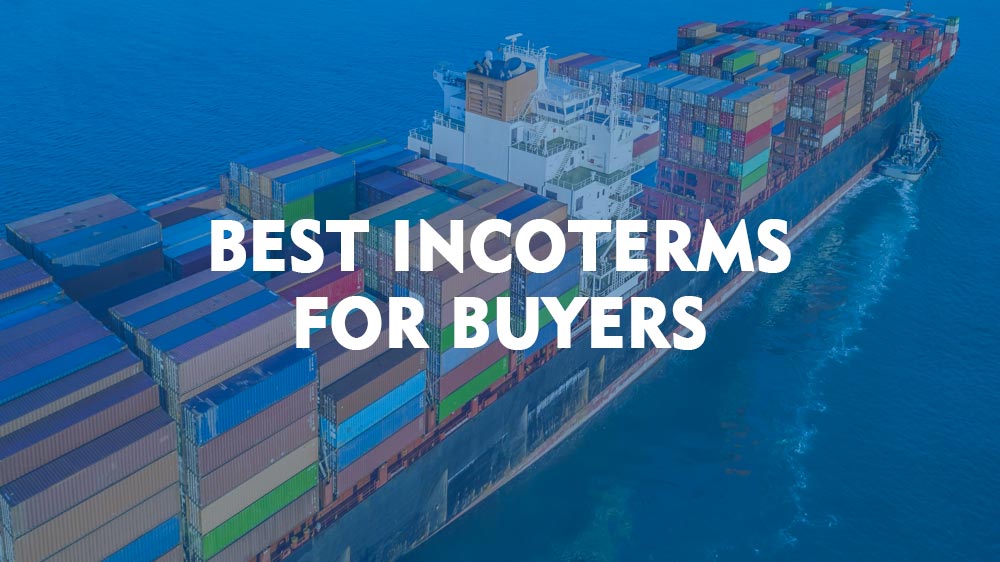
Selecting the appropriate shipping term is crucial for a smooth shipping process. Consider the following factors:
Assessing the Risks: Evaluate the potential risks associated with each shipping term, such as damaged goods or transportation delays, and choose the one that best aligns with your risk tolerance.
Evaluating Costs: Analyze the costs associated with each shipping term, including transportation, insurance, and customs fees, to determine the most cost-effective option for your business.
Considering Your Business Goals: Choose a shipping term that aligns with your overall business strategy, such as prioritizing customer satisfaction or minimizing costs.
Tips for Successful CNF Shipping
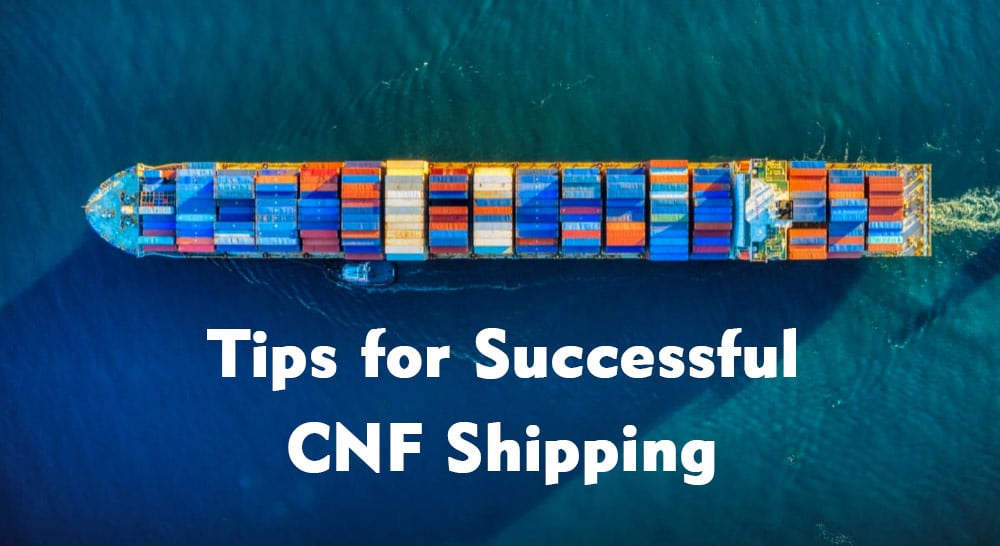
To ensure a seamless CNF shipping experience, keep the following tips in mind:
Understand the Contract: Be sure to thoroughly review and understand the CNF shipping contract to ensure you are aware of your responsibilities and obligations.
Communicate with Your Shipping Partner: Maintain open communication with your shipping partner to address any concerns, clarify details, and stay informed throughout the process.
Prepare Necessary Documents: Ensure all required documentation is in order, including commercial invoices, packing lists, and certificates of origin, to avoid delays and additional costs.
Conclusion
Understanding CNF meaning in shipping is essential for businesses engaged in international trade.
By clearly defining the responsibilities of both the seller and buyer, CNF helps streamline the shipping process and minimize potential disputes.
However, it’s crucial to weigh the benefits and drawbacks of CNF against other shipping terms, to determine the best fit for your business needs.
We are Yansourcing, a leading sourcing company in China, dedicated to helping our clients source products from China at the most competitive prices. If you are interested in importing from China, please feel free to contact us.
FAQs
1. What does CNF stand for in shipping?
CNF stands for Cost and Freight, a shipping term that outlines the responsibilities of the seller and buyer during the shipping process.
2. How does CNF differ from CIF?
The primary difference between CNF and CIF is the responsibility for insurance.
In CNF, the buyer is responsible for obtaining insurance coverage, while in CIF, the seller is responsible for providing it.
3. What are the benefits of using CNF as a shipping term?
CNF offers predictable costs, clearer responsibilities, and better risk management for the buyer, as they can obtain insurance coverage tailored to their specific needs.
4. What are the drawbacks of CNF?
The drawbacks of CNF include limited insurance coverage for the buyer and dependence on the seller’s choices in arranging transportation and negotiating freight rates.
5. How can I ensure a successful CNF shipping experience?
To ensure a seamless CNF shipping experience, understand the contract, maintain open communication with your shipping partner, and prepare all necessary documents in advance.
